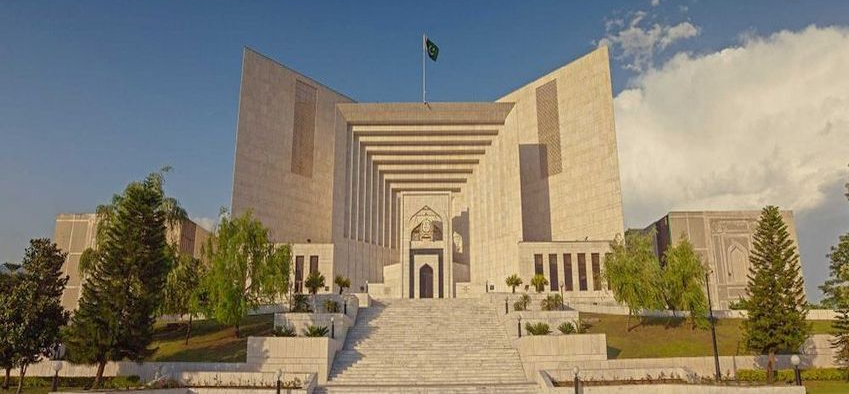The Harsh Conditions of Death Row and Prolonged Detention of Convicted Person constitute a Distinct Punishment --- Supreme Court of Pakistan
Islamabad 30-08-2024: In a landmark decision, the Supreme Court of Pakistan has converted the death sentence of Ghulam Shabbir, who had been on death row for over 24 years, to life imprisonment. The decision was made in the context of a [Criminal Review Petition 103 of 2017], seeking a review of his death sentence handed down in a 1994 double murder case.
Ghulam Shabbir, convicted under Section 302(b) of the Pakistan Penal Code (PPC) for the murder of two individuals and the injury of two others, had originally been sentenced to death on two counts, along with a five-year rigorous imprisonment sentence under Section 307 PPC. His appeals were previously dismissed by both the High Court and the Supreme Court, with his convictions and sentences being upheld as recently as 2015.
The petitioner's legal team argued that Ghulam Shabbir had already served over 26 years in prison, a period exceeding a typical life term, and that maintaining the death sentence would amount to double punishment. The counsel cited several precedent cases, including Dilawar Hussain (2013 SCMR 1582), Hassan (PLD 2013 SC 793), and Khalid Iqbal (PLD 2015 SC 50), which highlighted the principle that long-term incarceration should be considered a significant mitigating factor.
In its judgment, the Supreme Court acknowledged the harsh conditions of death row, noting that Ghulam Shabbir's prolonged detention in such conditions constituted a distinct punishment. The Court emphasized the principle of expectancy of life, which has been a recurring theme in previous rulings, allowing for the reduction of death sentences to life imprisonment where a convict has already served a term equivalent to a life sentence.
The Court further pointed out that delays in the judicial process and the execution of death sentences often result from systemic failures beyond the control of the convict, and thus should not result in harsher punishment. It was also highlighted that all prisoners, including those on death row, are entitled to their fundamental human rights, which include being treated with dignity.
As a result of these considerations, the Supreme Court exercised its discretion to convert Shabbir's death sentence to life imprisonment on two counts, with the benefit of Section 382-B of the Code of Criminal Procedure (Cr.P.C.), which allows for time served to be deducted from the sentence. The Court upheld his conviction under Section 307 PPC as well, with all sentences to run concurrently.
This decision not only brings relief to the petitioner but also sets a significant precedent regarding the treatment of death row inmates who have spent prolonged periods under harsh incarceration conditions. The judgment also calls for a reevaluation of existing prison laws to ensure they align with international standards and the fundamental rights guaranteed by the Constitution of Pakistan.
Powered by Froala Editor








